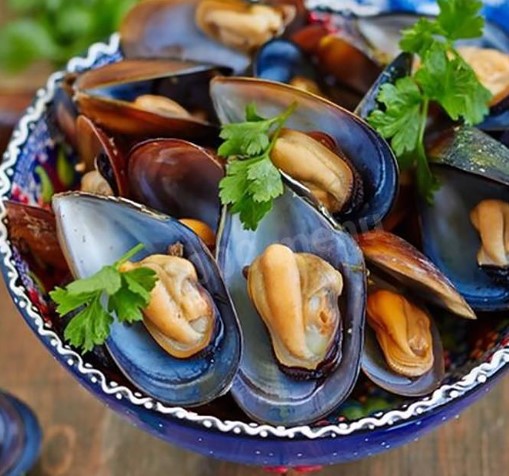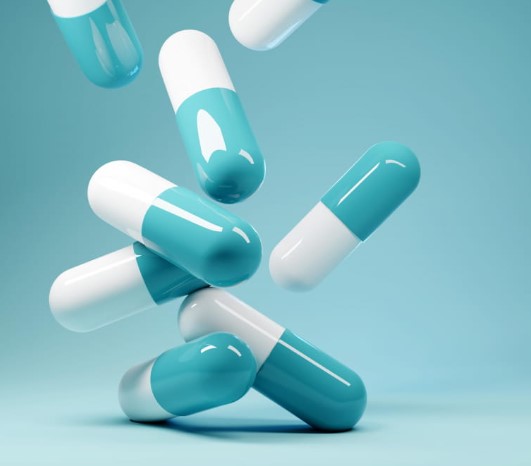Antibiotics in mussels, myth or reality

Photo is illustrative in nature. From open sources.
There is an opinion thatmussels containantibiotics and therefore their use can be harmful to health. However, this is a myth.
All mussels that are sold on the market are subject to mandatory testing for the content of harmful substances, including antibiotics. In case of detection of any violations, the products do not pass control and do not go on sale.
In addition, mussels are filter feeders, they absorb water and filter it, removing impurities from it. If the water contains antibiotics or other harmful substances, then the mussels will not absorb them, since they are not food for them.
Thus, it is safe to say that the myth that mussels contain antibiotics is not true. Mussels are a healthy and safe product that can be eaten without health concerns. However, like any other product, mussels should be consumed in moderation and purchased only from trusted sellers.
Read together with it:
- Mussels, 10 interesting factsMussels are a seafood loved by many people around the world. They are a source of protein, iron and other useful substances. In this article, we will tell you ten interesting facts about mussels. 1. Mussels have been known since ancient times. They have been eaten since Roman times. 2. There are mor...
- Antibiotics in turnips, myth or realityTurnip is a vegetable that contains many beneficial substances such as vitamins, minerals and antioxidants. However, there is an opinion thatturnip may containantibiotics , which help fight bacterial infections. In this article, we will examine how this statement is true. There are several types of ...
- Antibiotics in mackerel, myth or realityThere are many different opinions about whether mackerel containantibiotics or not. Some people think thatmackerel may contain antibiotics that are used in industrial fisheries to treat fish diseases. Others argue that this is just a myth and has no scientific justification. First, it is worth notin...
- Antibiotics in cutlets, myth or reality.Cutlets are one of the most favorite dishes of many people. They are a source of protein and other beneficial substances, but may also contain antibiotic residues. Antibiotics are medicines that are used to fight bacterial infections. They are widely used in animal husbandry for the prevention and t...
- Antibiotics in mussels, myth or reality?Mussels are one of the most popular types of seafood in the world. They are rich in protein, vitamins and minerals such as iron and iodine. However, there is an opinion that mussels may containantibiotics . But is this true or is it just a myth? First, let's understand what antibiotics are. Antibiot...
- Antibiotics in ginger - myth or realityGinger is one of the most useful and versatile products that is used in cooking, medicine, cosmetology and even perfumery. There are many facts about how ginger can help in the fight against various diseases and problems. However, there is an opinion that ginger containsantibiotics , which can help ...
- Antibiotics in beer: myth or reality?There is an opinion that beer may contain antibiotics . Some people are beginning to worry that drinking such beer can lead to negative health effects. But how true is this? Does beer really contain antibiotics? And if so, how might it affect our health? To begin with, it is worth understanding that...
- Antibiotic in blueberries, myth or reality?Blueberries are a berry with many health benefits. It contains vitamins, minerals and antioxidants that help boost the immune system and prevent various diseases. However, recently there has been information that blueberries may contain antibiotics. This caused concern among many people who began to...
- 10 Interesting Facts About Antibiotics10 Interesting Antibiotic Facts You Probably Didn't Know. 1. Antibiotics do not work against viruses such as the flu or the common cold. They are designed to fight bacteria. 2. The first antibiotic, penicillin, was discovered in 1928 by Alexander Fleming . 3. Antibiotics can have side effects such a...

